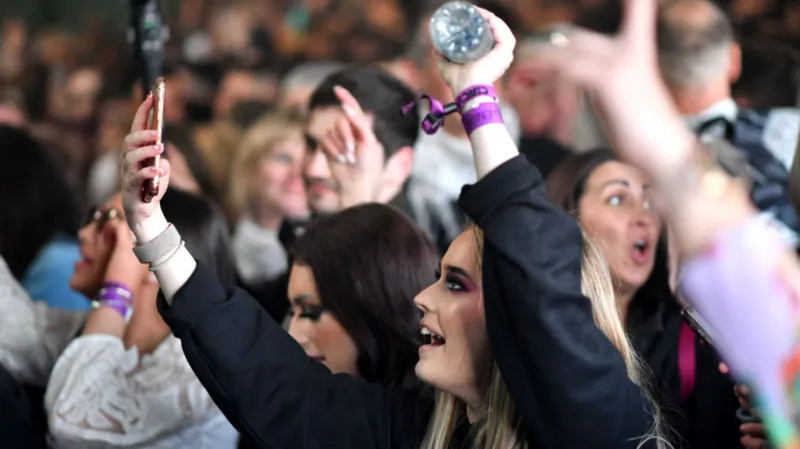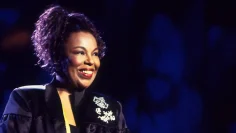
Nightclub stickers over smartphone rule divides the dancefloor
(BBC) A new nightclub is opening this week with a strict rule that your smartphone camera must be covered with a sticker.
Amber’s in Manchester is the latest in a handful of venues in the UK to enforce the policy – but in cities like Berlin, renowned for its nightclubs, it’s the norm.
Amber’s director Jeremy Abbott told the BBC the club made the decision because “we really want the music and the experience to be front and centre”, but the issue is being debated on social media.
Some posted on Instagram concerns that clubs could suffer as social media videos of their night act as free adverts, while others welcomed the move as “partying with privacy”.
“It is the fear of being put on the internet isn’t it?” one woman told the BBC when we asked young people in Manchester how they feel about a no camera phones in clubs rule.
“Being really drunk and that embarrassing picture of you ending up on Insta, waking up and seeing the events of last night.”
Another woman said: “It does make the vibe better, because the less people [are] on their phone, engaging more with the DJ and stuff, that’s the better environment to have.”
‘Phones in the air’
So are Britain’s clubs at a turning point? Is now the time to get phones off the dancefloor and people’s minds back on the music?
Sacha Lord, night time economy adviser for Greater Manchester, thinks so. “These phones are killing the dancefloor, they’re killing the atmosphere,” he says.
“DJs hate it. To look out into a sea of phones and no-one’s dancing is really demoralising.”
Smokin Jo, who has been DJing since 1990, remembers when the rave and club scene was burgeoning in the late 80s and early 90s.
“Everyone’s got their hands in the air, there’s joy, there’s happiness.
“Now there’s these videos being posted of people standing still with their phone in the air. It’s so sad,” she says.
But Dr Lee Hadlington, senior lecturer in cyberpsychology at Nottingham Trent University, says for those clubbers, “part of their enjoyment is to document their night in terms of photos and memories”.
At Amber’s, phones are not banned outright but clubbers will be required to put a sticker over the camera lens to prevent photos being taken. A content team will be on hand to take and post photos online instead.
People violating the rule will be “politely asked to stop”, says Abbott. “If you are seen doing it again, you will be asked to leave the venue.”
The rule comes at a tricky time for Britain’s nightclub scene, which has struggled to recover from the numerous Covid lockdowns.
Between June 2020 and June this year, the number of clubs has fallen from 1,266 to 786, according to figures from the Night Time Industries Association and research firm NeilsenIQ.
Abbott concedes Amber’s no phones rules is a risk but says the club has been “blown away” by the response.
Lord says the policy could be a “shot in the arm” for the industry and “bring back the energy to the dancefloor”.








